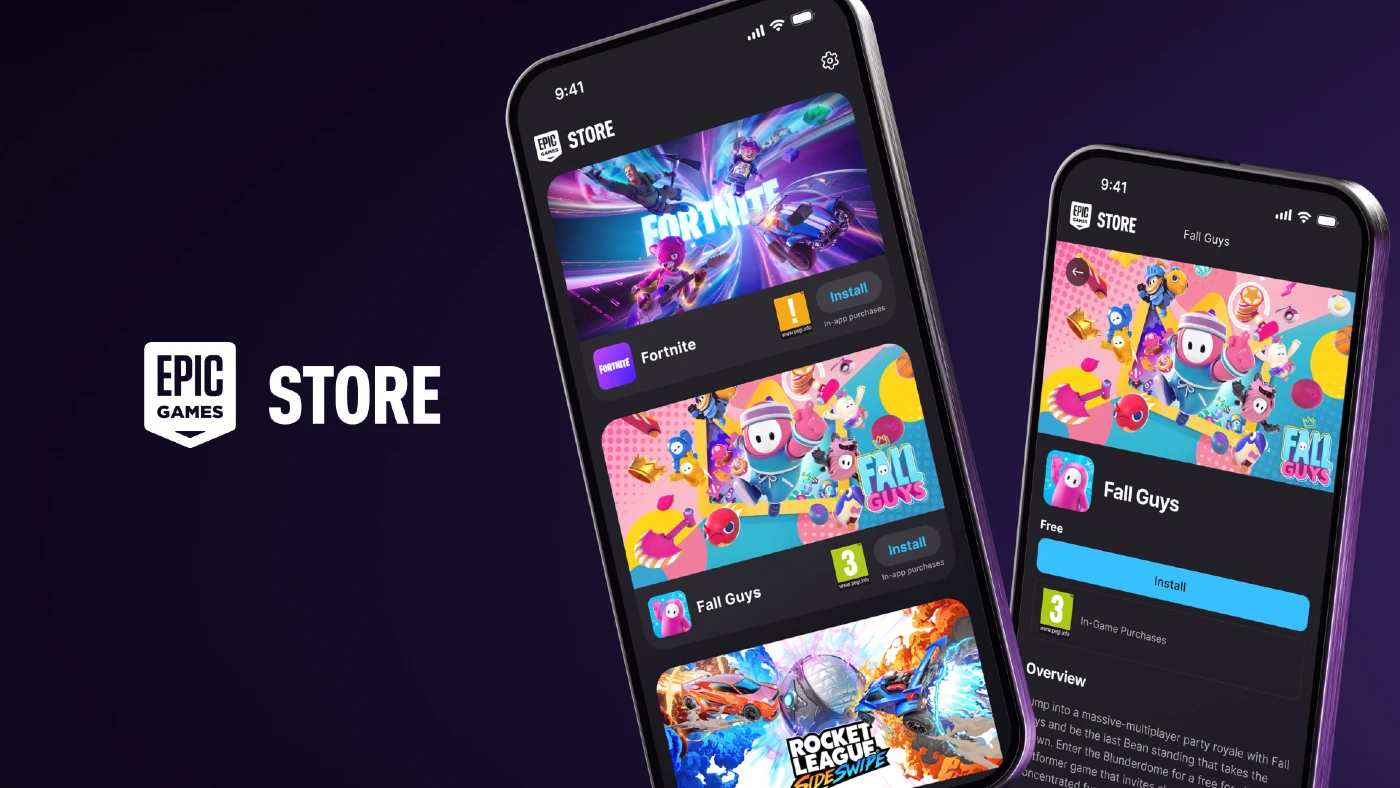Another day, another country and another Epic lawsuit against Apple and Google, this time in Australia.
Epic Games has won a partial victory in Australia against Apple and Google over restrictions in app stores and failing to allow for competition for in-app payment options.
Fortnite was kicked off the Google and Apple app stores in 2020 after Epic Games offered its own in-app payment system that bypassed the one used by the platforms, and cut out the fees Apple and Google receive for in-app payments.
Epic fought the ban by launching legal action against the two in multiple jurisdictions.
Epic Games alleged that Apple’s control over in-app purchases – preventing users from downloading apps outside the app store and preventing developers from running their own app store on iOS, were a misuse of market power, which substantially lessened competition in app development.
The company also alleged Google harmed app developers and consumers in Australia by preventing choice over app distribution and in-app payments on Android devices.
There is an argument that Epic seek to run their own app store within other companies app store.
Apple and Google App Stores
Apple’s iOS and App Store are completely closed and controlled by Apple: if an app is on your phone, and there is a payment through that app, it has to go through Apple. Seems sensible enough doesn’t it.
Similar rules apply on Google’s Android OS for the Play Store, but Google currently also allows “side-loading” of apps – meaning apps installed directly on the phone without using the app store. However, Google may soon be blocking this.
Google also allows for phone manufacturers such as Samsung to have their own app stores. Fortnite is still available on Android, but only through side-loading or through the Samsung store.
Naturally, each company charges fees for transactions in their app stores. Google Play charges a 15% fee for the first £1m earned by developers each year, increasing to 30% above that. Apple developers pay a 15% fee if the revenue generated the previous year is lower than 1m, but pay 30% if they earn more than that.
Epic’s own store charges developers a 12% fee.
Epic argued that it should be able to offer its own store as competition to Apple’s store, and also offer alternative payment options within their app in the official Games Store.
Australian Cases Combined
Originally separate, the Australian cases were combined into a single monolith. Justice Jonathan Beach decided to hear the two cases and an associated class action at the same time to avoid duplication of witness evidence.
On Tuesday, Beach found that Apple had engaged in conduct likely to diminish competition, in breach of section 46 of the Competition and Consumer Act over preventing side-loading of apps on iOS, and by preventing developers using alternative payment methods for digital purchases.
For Google, it was found to breach section 46 of the Competition and Consumer Act for the similar Google Play billing system, and over Google’s Project Hug, a project that allegedly saw developers enticed to keep their apps in the Play Store.
Epic did not succeed in its other claims against the two companies.
Any potential changes to the app stores and payment systems for Apple and Google in Australia are likely to be a long way off.
Beach delivered a summary of his judgment in the long-running case on Tuesday in a marathon hour and a half reading to cover the two Epic cases and two class actions, ahead of a full judgment being released with redactions to account for commercial sensitivities at a later date.
The Apple and Google judgments run to over 900 pages each, with the class action judgment running over 100 pages, Beach indicated.
Class Action Cases
The two class action cases were successful. Brought by app developers against Apple and Google, the cases focused on whether the companies had overcharged developers over app store purchases given their market dominance.
The amount that developers would have otherwise been charged by the two companies, and the relief they will see from the case will be determined at a later hearing.
Fortnite has returned to the Apple app store in the US, and users can download via the Epic Games app store in Europe but the app still remains unavailable to download in Australia.
However, it could be a long time before any further changes are made in Australia.



